Arab traders blame the rioters, but also the police who blocked the Nablus Gate • Resident of the Jewish Quarter: "Only that my husband will not become the next ticking hit"
The market in the Old City // Photo: Oren Ben Hakon
Iz Rajabi owns a cafe in the Old City of Jerusalem, today the heart of the violent clashes almost every night between young Arabs and police officers.
"Even Arabs are afraid to come here," he shoots angrily, "I threw away all the tables in my cafe."
He talks on the phone with a Muslim friend, trying in vain to persuade him to come visit.
"Only a few people come from the old city," he addresses us.
"These young Arabs are bothering us, they are just making trouble. All this rush started because they closed the stairs of the Nablus Gate, we have no work. They will open the stairs, and then these young people will sit here quietly. The police are to blame," Rabhi said.
After the removal of the checkpoints: Clashes at the Nablus Gate between security forces and Palestinians // Photo: Arab networks
Three guard posts manned by Border Police fighters overlook the large and explosive extension of the Nablus Gate in the Old City.
Barriers were set up on the wide steps leading to the gate to prevent young Arabs from sitting on them on the nights of the month of Ramadan.
Silence in the air after stormy days, saturated with conflicts between Jews and Arabs in Jerusalem.
Murad Sliema, the pretzel seller at the entrance to the Nablus Gate, sits idly by, holding a Muslim prayer string and sounding desperate: "The situation is on the face of it. We are not making anything, just losing money. hence".
In the Muslim Quarter, local residents claim that on the eve of the last day of remembrance for the victims of the Israeli military operations, with the start of Ramadan, the muezzin was not allowed to use a loudspeaker, so as not to interfere with a ceremony held at the Western Wall.
Along with the decision to close the stairs leading to the Nablus Gate - and you have a reason for violence, for them.
The young Arabs, who have turned the documented attacks on Jews into an outrageous way of gaining likes on social media, are provoking anger among traders.
"This ticking is just making a mess," Murad complains, "in previous years there were big celebrations here in Ramadan. It's our fuel. They used to sell hookahs and have fun at night. It's not enough that the corona killed us, now this rush has arrived. There is no economy."
The falafel stand at the entrance to Hagai Street became a shop selling sweets during the Ramadan to break the daily fast.
Walid from Beit Hanina came to the Nablus gate to buy Ataif, the Arabic version of a sweet pancake filled with nuts or cheese.
"We just want quiet during Ramadan and all year round," Walid repeats his predecessors, inviting his favorite Ataif.
In the afternoon the muezzin cries are well heard throughout the old city, and the Muslim residents go out to buy food and sweet drinks to end the daily fast.
Abed is sitting with his young son in his empty shoe store on Valley Street, where traffic is extremely sparse.
"We all just want peace," Abed declared, "the corona has not left us and now that is the situation. Two years ago there was movement here and now there is nothing."
"Afraid of escalation"
Along Hagai Street there are positions of policemen and Border Police fighters, a demonstration of presence and a hidden statement of intent towards anyone who thinks of starting to freak out and go wild.
At the same time, it alleviates the feeling of insecurity of the few Jews who pass through the Nablus Gate.
Near the iron gate at the entrance to the Temple Mount is the small Western Wall, where one and only Jew prays.
During the silent prayer, the muezzin's call is heard.
"I come here a lot and do not let fear run me," smiles proudly Tzurit Moriah, "I am more alert. There is always fear, now more feel it. The Little Wall is a very sacred place to pray and I feel this place gives me a lot of strength."
Compared to what is happening at the Nablus Gate and the Muslim Quarter, the residents of the Jewish Quarter have been trying to be careful lately and avoid crossing the dangerous area.
The residents hear well the echoes of the explosions at night and hope to return soon to a routine and peaceful life with the Arab neighbors.
Shosh, who has lived in the Jewish Quarter with her family since 1987, sounded worried yesterday: "There is a fear of escalation," she clarified when it still looked like things would get out of hand. "
The police must act forcefully on both sides.
Need a hard hand.
The fireworks, which have become weapons, are scary, and you hear them all night.
"I am careful and prefer not to go through the Nablus Gate and also tell my husband not to go through it, so that it will not be the next ticking hit," she concluded.
Criticism of the police
At the end of 13 days of blocking the Nablus gate, the police did not wait for another night of violence, and allowed the Arab residents to remove the checkpoints last night towards 22:00 without any police officer intervening.
This was on the orders of Commissioner Kobi Shabtai to remove these checkpoints, on what is known as the "stairs" leading to the Nablus Gate, were the ones that ignited the violence among the young Arabs.
In the evening, rumors spread in the Nablus Gate plaza that the police had decided to remove the checkpoints, and hundreds of young Arabs who were present removed them themselves and opened with victory celebrations and shouts of joy along the lines of "Blood and fire redeemed Palestine." Then dispersed without any unusual events.
At the same time, hundreds of policemen continued to secure the forces in the area throughout the night.
Early intelligence information held by police estimated that further disturbances would break out after the end of the month of Ramadan prayer on the Temple Mount.
This is after several nights of violent riots, dozens of detainees and dozens of wounded policemen.
In East Jerusalem, the anger was great at the police, who decided to close the Nablus Gate plaza - an area that serves as a meeting place for young people, especially during the month of Ramadan.
Despite the words of Police Commissioner Kobi Shabtai on Saturday night, according to which the police close the extension to the yeshiva every year, reality shows that this is not the case.
In previous years, the extension was not closed hermetically but intermittently, only to dilute the movement of worshipers during peak hours.
The decision of the Jerusalem District Commander, Superintendent Doron Turgeman, to hermetically close the extension at the Nablus Gate also provoked criticism among police officers, who believe it was a defiant and unnecessary decision.
The decision to allow Lehavah activists to march to the Nablus Gate last week, a move that led to a riot that evening, was also criticized, as was its lukewarm response to subsequent riots by Arabs - riots that spilled onto Road No. 1 and Bar Sderot. A heart that forms the seam line between East and West Jerusalem.
The remaining stones are still scattered on this main road, well illustrating the sad story of the last and very stormy days in the capital of Israel.
Efrat Forsher participated in the preparation of the article

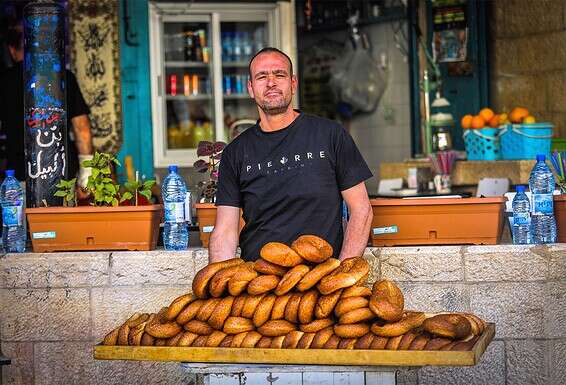
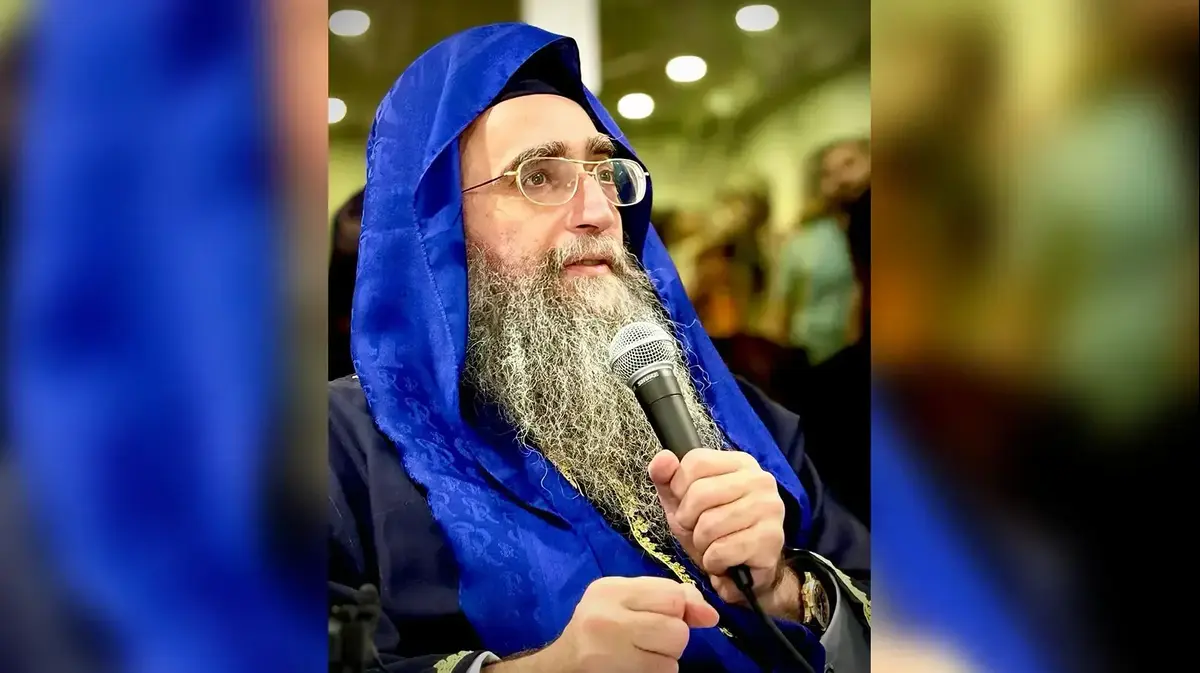

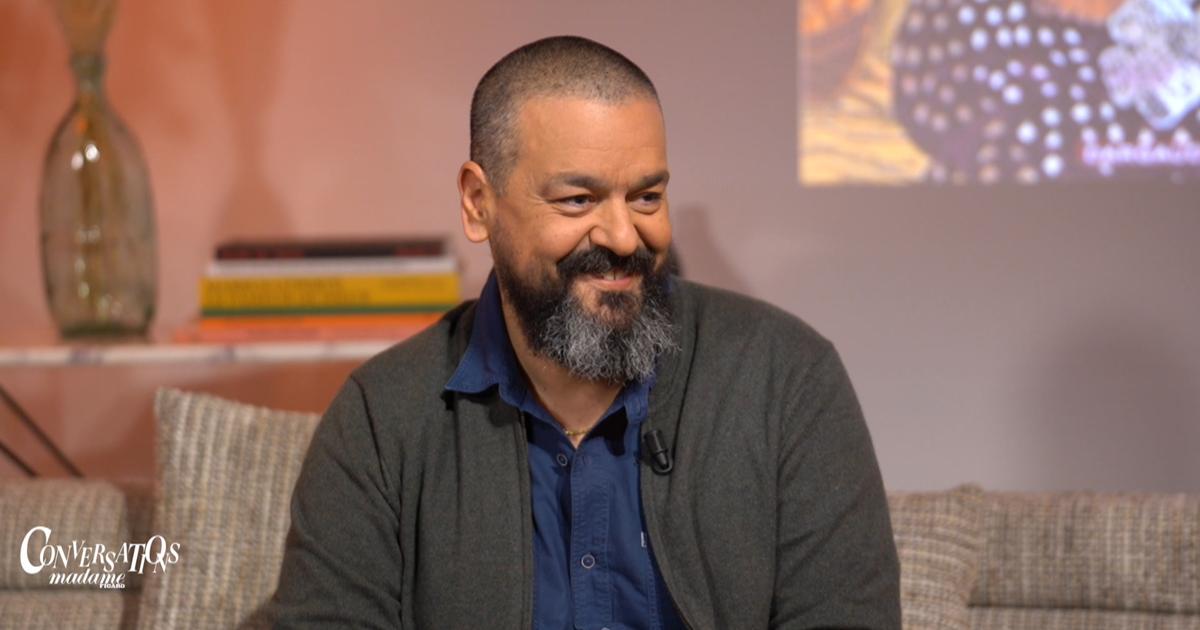

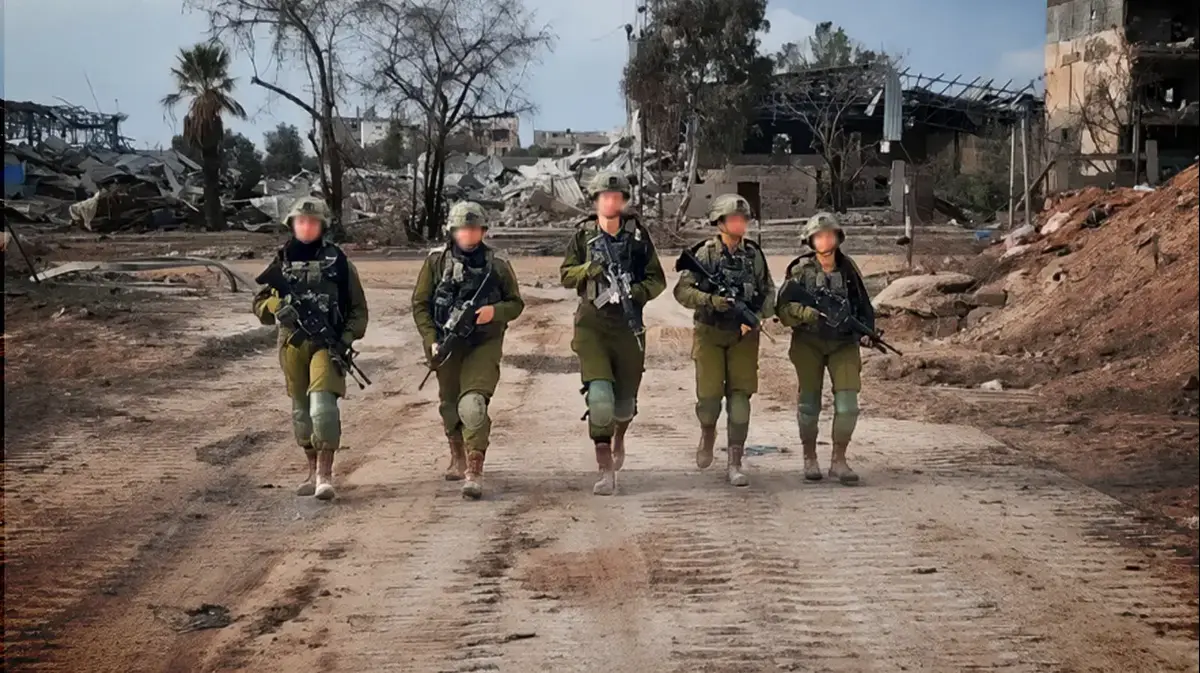
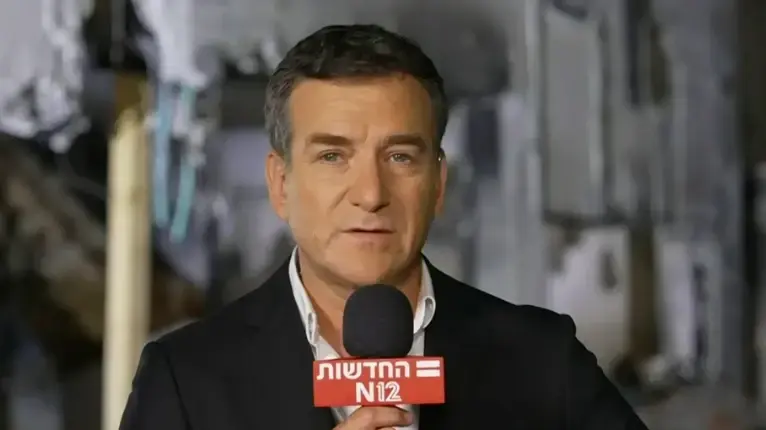
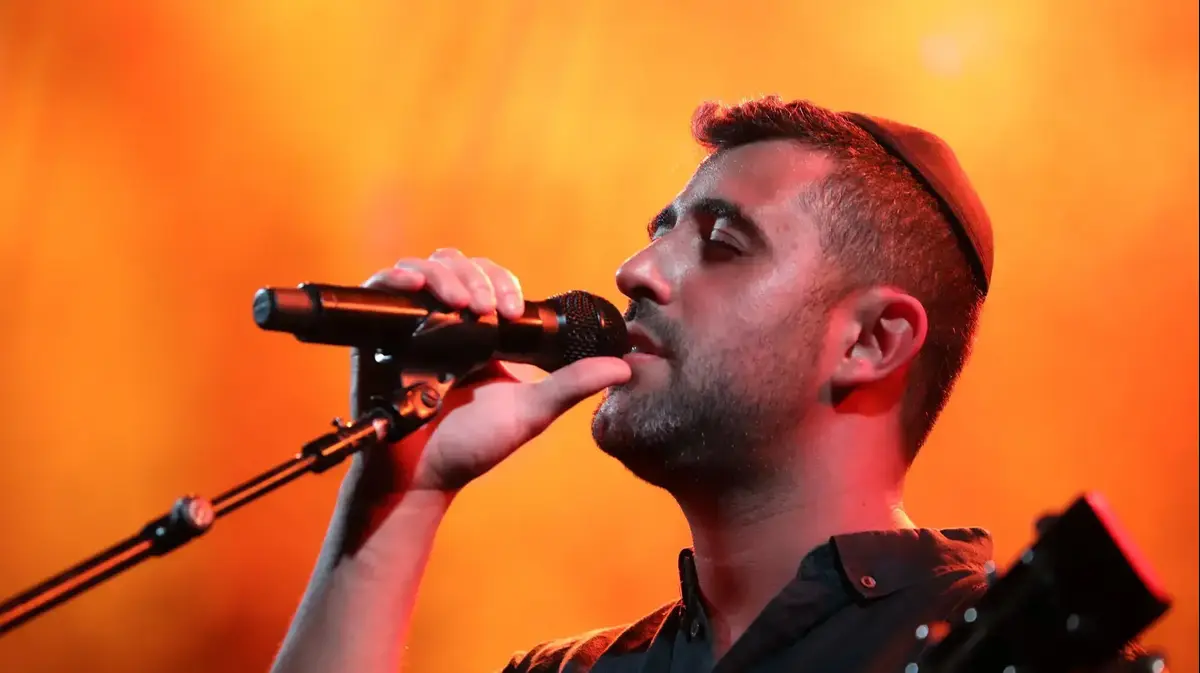
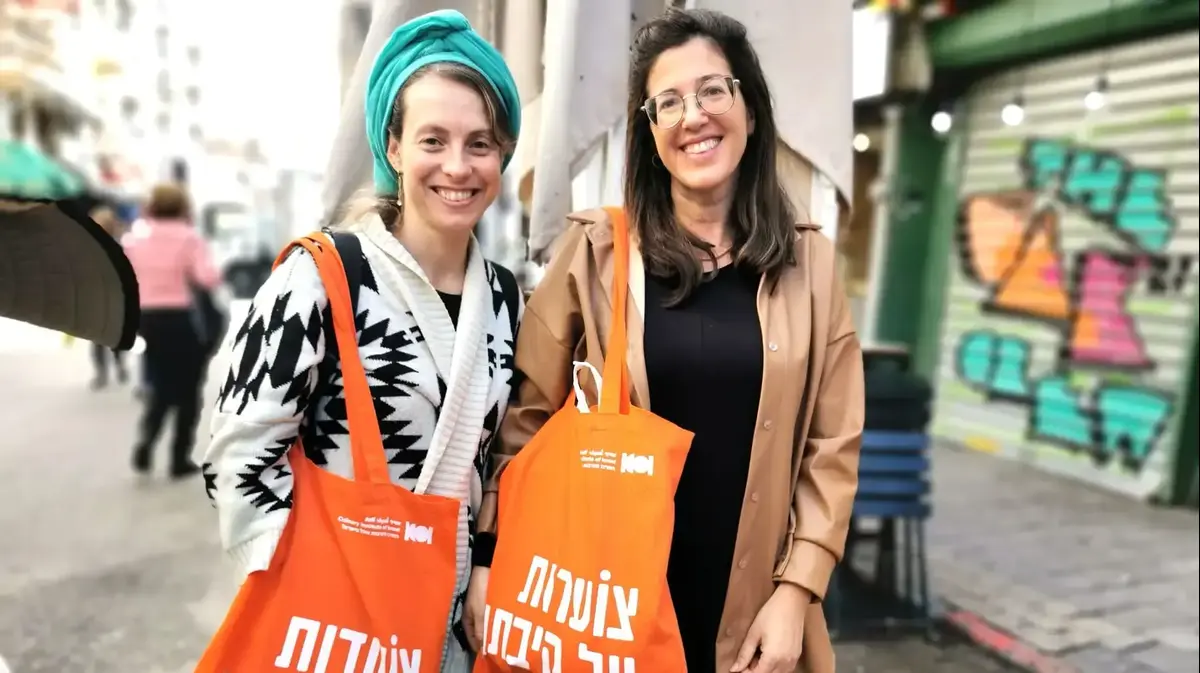


/cloudfront-eu-central-1.images.arcpublishing.com/prisa/KMEYMJKESBAZBE4MRBAM4TGHIQ.jpg)


